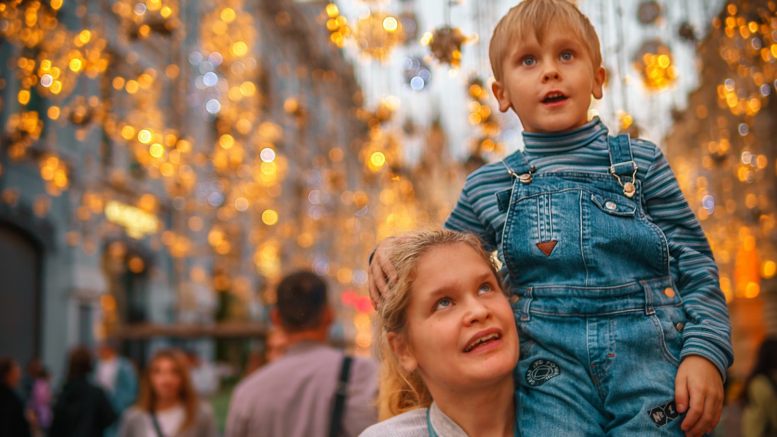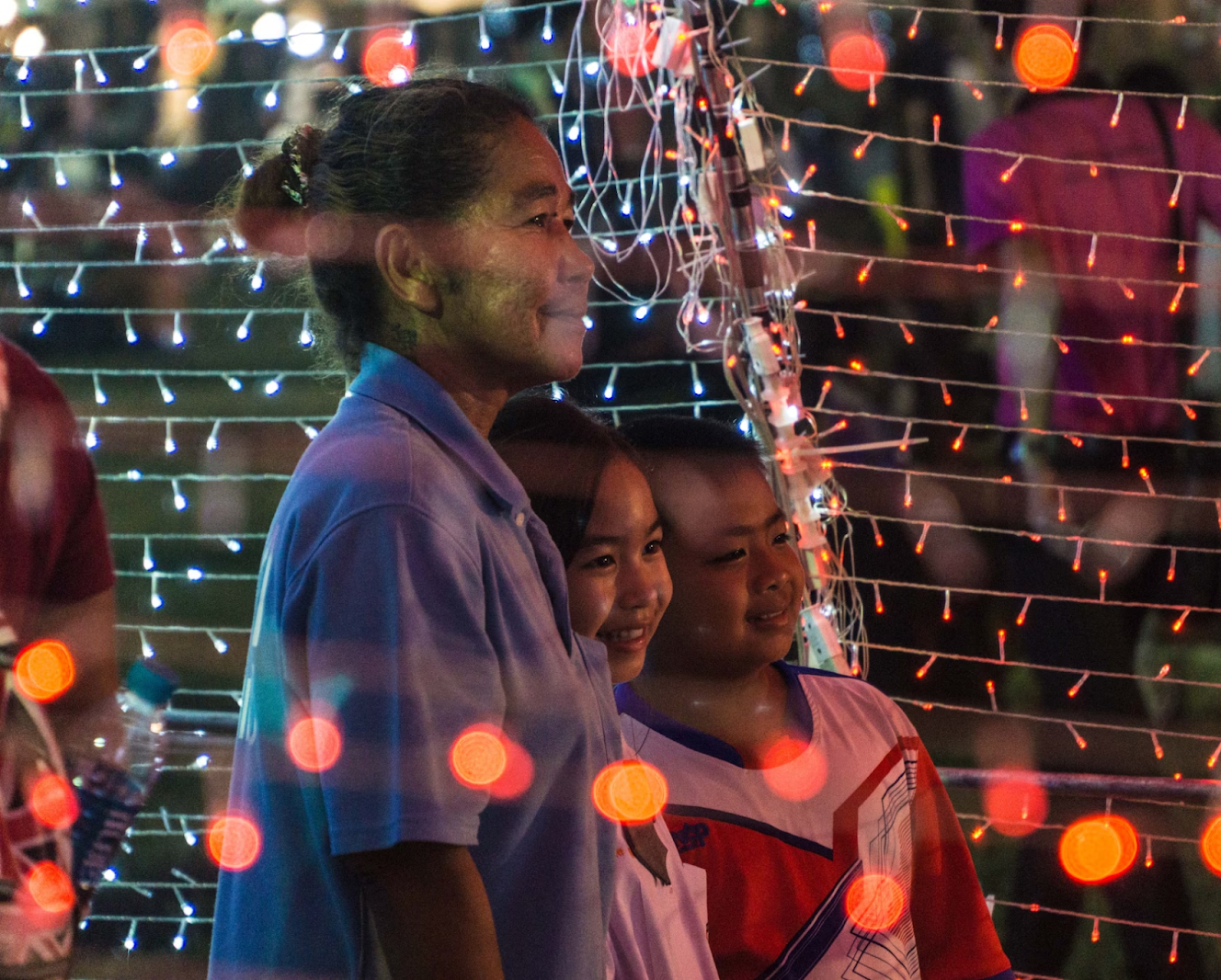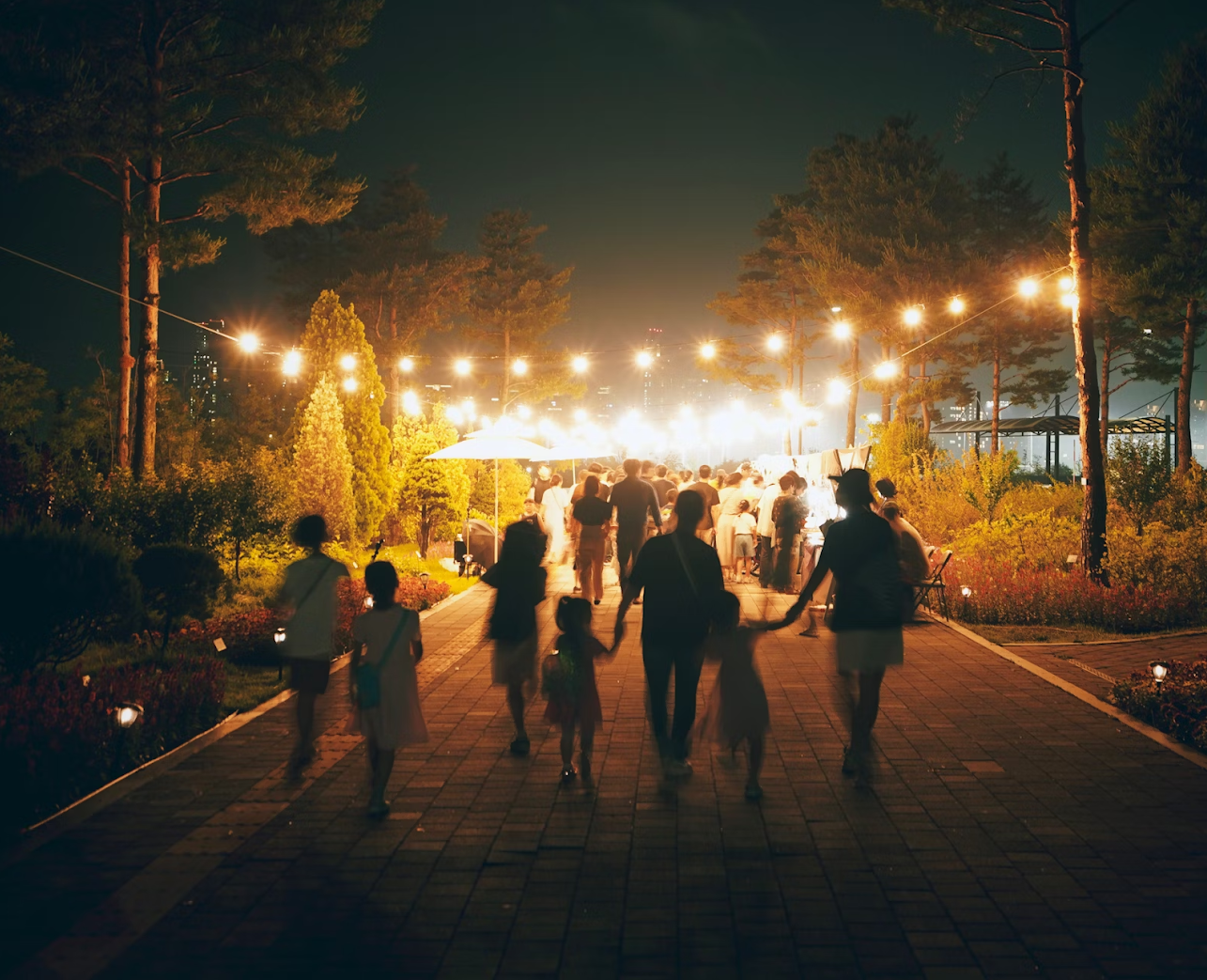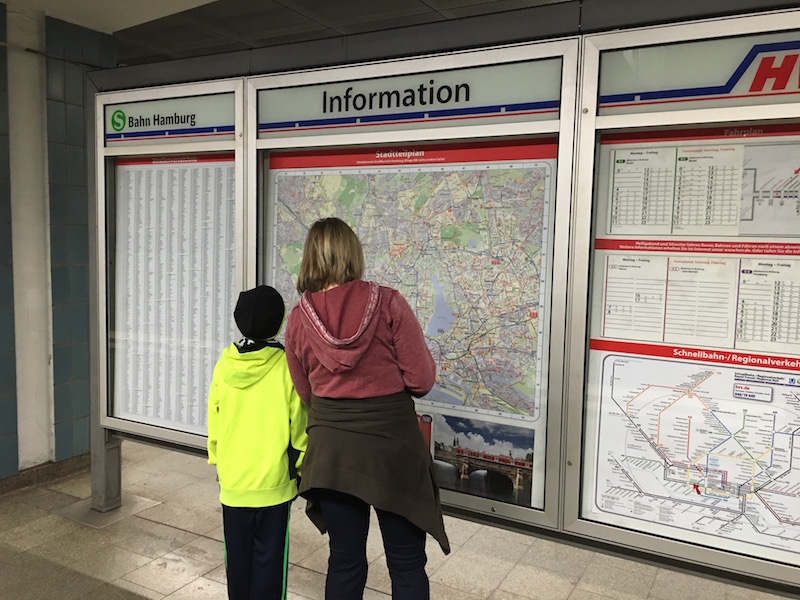Attending family festivals offers enriching experiences and strengthens familial bonds. A 2022 study revealed that participants attending festivals with children reported higher levels of subjective well-being and family quality of life compared to those without children.
Managing comfort during these events can be challenging. According to the Audience Outlook Monitor’s 2022 report, 58% of Australian parents were ready to attend cultural events with their children “whenever permitted,” yet 24% cited financial barriers and 63% expressed concerns about hands-on exhibits.
These statistics underscore the importance of strategic planning to ensure a comfortable and enjoyable festival experience for the whole family.
Ensuring Safety and Enjoyment at Family Festivals: A Guide
Family festivals are an exciting way to create lasting memories, enjoy different cultures, and become closer to one another. However, they can also be physically exhausting and overwhelming, especially when attending with young children. The combination of crowds, long hours, unpredictable weather, and various activities requires thorough preparation.
1. Preventing Injuries
One of the biggest concerns at family festivals is avoiding accidents or injuries be it the famous back pain at a festival for the adults or a nasty fall for your kid. With large crowds, moving attractions, and unpredictable elements, taking preventive measures is key.
- Ensure Proper Footwear: Many injuries happen due to inappropriate shoes. Choose closed-toe shoes with proper support to prevent tripping and blisters.
- Teach Children About Safety Rules: Set clear boundaries about where children can and cannot go. Clearly communicate and reinforce the need to look both ways before crossing pedestrian paths and to avoid running in crowded spaces, among other precautions.
- Pack Protective Gear: If the festival involves activities like carnival rides, bike trails, or sports zones, bring helmets, knee pads, or any necessary protective equipment.
2. Effective Communication Strategies
Festivals are crowded, and losing track of family members is a common fear. Having clear communication plans in place can help avoid unnecessary panic.
- Use Walkie-Talkies: Cell service may be unreliable in large festival crowds. Kid-friendly walkie-talkies with a set frequency can be a lifesaver.
- Teach Kids Emergency Contact Information: Ensure children know their full name, your phone number, and how to ask for help from festival staff.
- Set a Time for Check-ins: If attending with older kids or teens who want some independence, agree on a check-in schedule and meeting points.
3. Navigating Crowds Safely
Festivals can be overwhelming, especially for younger children. Teaching them how to handle crowds will help keep them safe.
- Hold Hands in Crowded Areas: Establish a habit of holding hands in high-traffic zones to prevent getting separated.
- Use a Child Harness for Toddlers: While sometimes controversial, child harnesses or wrist leashes can be a useful tool for keeping energetic toddlers close.
- Know the Quiet Areas: Festivals often have designated family zones or relaxation areas where you can take a break from the crowd.
4. Health Precautions
Keeping your family healthy at a festival means taking preventive measures.
- Stay Hydrated: Bring refillable water bottles and encourage regular hydration. Dehydration is a common issue at festivals, especially in warm weather.
- Sanitize Hands Regularly: Festivals involve high-touch areas, from rides to food stands. Use hand sanitizer before eating and after using shared surfaces.
- Be Cautious with Festival Food: If your child has allergies, bring safe snacks or check food vendor menus ahead of time. Look for vendors with clear allergen information, and be prepared to utilize alternative options before or after if needed so everyone stays fueled.
5. Weather Preparedness
Festivals often take place outdoors, making it necessary to be ready for any weather conditions.
- Check Weather Apps Before You Leave: Be prepared for rain, extreme heat, or sudden temperature drops.
- Pack Ponchos or Lightweight Rain Jackets: Umbrellas may not always be practical in crowded areas, but ponchos keep hands free.
6. Emergency Preparedness
Knowing how to handle an emergency will provide peace of mind.
- Locate the Nearest First Aid Station: Upon arrival, identify where medical assistance is available.
- Have a Family Safety Plan: Discuss what to do in case of an emergency, such as bad weather or an evacuation.
7. Managing Fatigue And Avoiding Burnout
Festivals can be exhausting, especially for young children. Managing energy levels will make the experience more enjoyable.
- Plan Breaks: Schedule downtime between activities. A short rest can prevent meltdowns.
- Bring a Stroller or Wagon: Even if your child doesn’t usually need one, having a stroller can help when little legs get tired.
8. Financial Preparedness
Festivals can be expensive, but setting a budget helps control costs.
- Determine Spending Limits: Decide how much to allocate for food, games, and souvenirs. Communicating allowances set aside for kids can help to set realistic expectations up front while trusting them to be responsible and independent with any fun purchases.
- Look for Free Activities: Many festivals have free crafts, performances, or play areas for kids.
9. Cultural Awareness And Respect
Many festivals celebrate cultural traditions. Teaching children to appreciate these aspects enriches the experience.
- Learn About the Festival in Advance: Explain the significance of the event to your children.
- Encourage Participation in Cultural Activities: When it’s a dance performance, a language booth, or traditional crafts, engaging in cultural experiences fosters appreciation.
10. Post-Festival Recovery And Reflection
Once the festival is over, a little post-event care can ensure a smooth transition back to routine.
- Check for Signs of Overstimulation: If your child seems cranky or exhausted, give them quiet time to decompress.
- Hydrate and Nourish the Family: Eating a balanced meal and drinking plenty of water will help everyone recover.
Wrapping Up
Attending family festivals can also be a valuable opportunity to teach children independence and adaptability in a controlled environment. Beyond just planning for comfort, festivals can be used as a way to introduce kids to new cultures, music, and creative expressions that they might not experience elsewhere.







